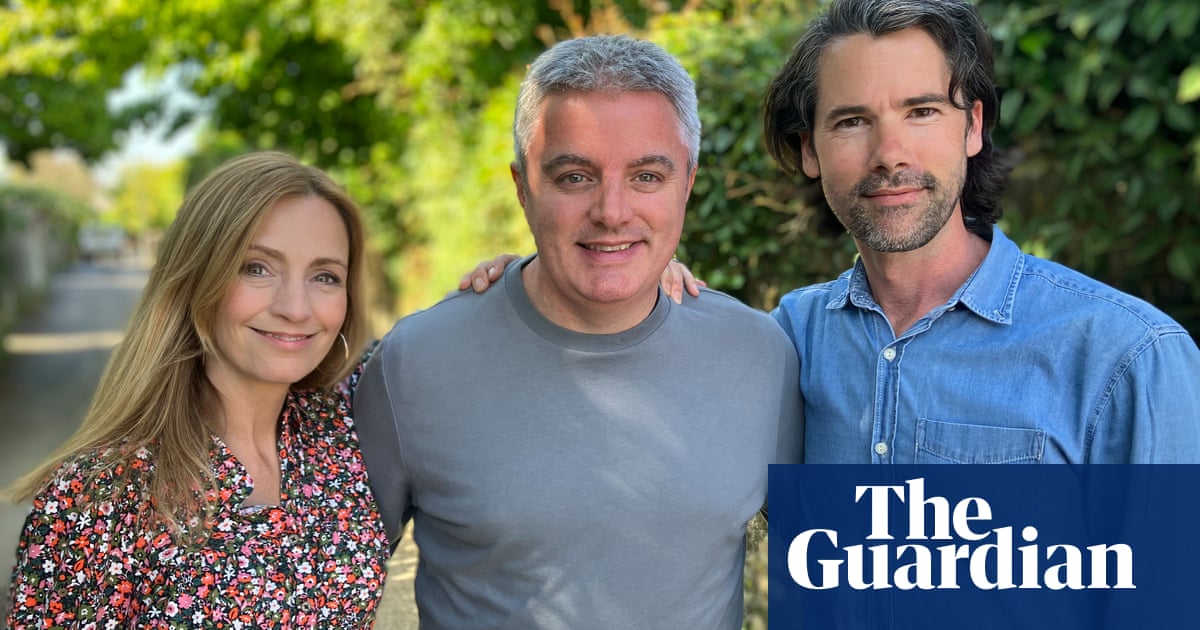
On a warm July night in Montreal almost 11 years ago Bartosz Bialkowski thought he might feel like this forever. He had just made a brilliant reflex save in the last minute of Poland’s Under-20 World Cup match against South Korea, guaranteeing the point that took his country into the knockout stage. It was some way to celebrate his 20th birthday and back in the dressing room he was a hero, hoisted aloft by a team that had already defeated Brazil and felt giddy at the prospect of a crack at Argentina. “We thought we could do whatever we wanted to do,” the Ipswich goalkeeper remembers of a summer that resembled a coming of age. “It was like we were the gods now.”
As it turned out, deific status was not that easy to attain. The career Bialkowski had in mind seemed light years away by 2012 when, going nowhere at Southampton and grievously unfit, the prospect of dropping into non-league seemed scarily real. Bialkowski, though, has turned everything round. He is adored at Portman Road, won a first call-up to the Poland senior team in March and, having been named in the preliminary World Cup squad, stands on the verge of realising a dream that had been fading rapidly.
“I never gave up on it,” he says. “But I also realised that I’m 30, 31 in July, and I’d never had any contact from the national team staff so it was disappearing. Then I got the call and it would be amazing, absolutely unbelievable, to go to the World Cup now.”
Replacing Lukasz Fabianski for the second half of Poland’s friendly against Nigeria was the fulfilment of a promise, too. Any other hardship Bialkowski has experienced pales in comparison to the death of his father, Marek, in August 2015. Marek was a soldier – “tough, but he was soft inside, too” – and never wavered in supporting Bartosz’s endeavours. He had driven him round the country and, with Bialkowski’s mother, dashed to be with him when thugs gave him two black eyes after a match with Gornik Zabrze. Bialkowski arrived at Marek’s side in time to say goodbye and vowed to honour him by playing for Poland.
“In my final chat with him, at the hospital, I promised him I would get a call-up and play for my country,” he says. “And I managed it. I wasn’t nervous going out on the pitch but I was proud, so proud. I just thought: ‘This moment is for my dad,’ because we waited for me to get that call-up and unfortunately he didn’t see it. Maybe he was watching.”
Bialkowski’s arrival in the Poland camp made for a mini reunion of the class of 2007. Grzegorz Krychowiak and Wojciech Szczesny were among those team-mates who tossed him into the air that evening in Canada. “As soon as I walked in there I knew I was in the right place,” he says; in training there was the bonus of facing Robert Lewandowski. “He doesn’t smash his shots, he was just calmly putting them into the corner of the net. Obviously I tried to do my best, and saved a few, but he is incredible.”
With the Under-20s Bialkowski was captain and, between games, boys would sometimes be boys. He remembers a mishap that befell Krychowiak – “We went on rollercoasters and it didn’t feel good afterwards. I think he fell sick and missed the South Korea game” – but relished the camaraderie. Krychowiak had scored the winner against Brazil but a Freddy Adu-inspired 6-1 thrashing by the USA left them grateful for that stop against Korea. They were downed by Sergio Agüero and Ángel Di María in the round of 16 but the launchpad to bigger things seemed set.
Bialkowski had recovered from a cruciate injury to make eight Championship appearances for Southampton in 2006-07; he seemed on track, although a different route had briefly presented itself two years previously when, as a 17-year-old at Gornik, the chance of a lifetime came and went.
“I had a five-year contract offer from Inter Milan,” he says. “But I had to sign with an Italian agent to do it and I already had a big agency, IMG. They told me not to sign anything because they had clubs like Arsenal and Manchester United for me, so I didn’t and then obviously those offers weren’t there. I went on trial at Wigan and Rangers, nothing really happened and my contract with Gornik expired. I was meant to be one of the biggest prospects in Poland and I ended up without a club.”
A trial at Hearts brought him into contact with their then-manager George Burley and goalkeeping coach Malcolm Webster; he joined them when they moved to Southampton and things began well enough before, hindered by injury and unable to displace Kelvin Davis, the opportunities dried up.
“I thought: ‘I need to do something with myself,’” he says. “I needed to go out and play games, because otherwise I was going to drop out of the league. My diet was shocking at the time; I felt too comfortable, I wasn’t playing so thought I didn’t need to train as much. Thankfully I realised it at the right time, lost some weight and tried to prepare for the summer.”
Notts County took a chance on him; he rewarded them with two outstanding seasons in League One and then Webster, by now at Ipswich, advised Mick McCarthy to sign him in 2014. Four years in Suffolk have brought three supporters’ player of the year trophies; last season his performances were a uniting factor for Ipswich fans amid discontent that contributed to McCarthy’s departure.
“It wasn’t easy, the atmosphere,” Bialkowski says, with the team jeered during March’s 3-0 home defeat by Hull. “It was tough. I don’t think he deserved [such criticism] because he did a really good job but I understand the fans want to be entertained and see us playing well. I’ve never felt as bad after a game as I did after Hull; it was something none of us had ever experienced.”
Ipswich have replaced McCarthy with Shrewsbury’s Paul Hurst and Bialkowski’s future will be near the top of the new manager’s intray. He and his family are settled locally; the fact is, though, that he should be in the Premier League and time is against him. “If the right offer comes in for the club and for me, then I need to discuss it with my family,” he says.
Crystal Palace were keen in January and others will show their hands. Bialkowski is in competition with Roma’s Lukasz Skorupski for Poland’s final goalkeeping spot and, if the Stadio Olimpico seems a better World Cup breeding ground than the Championship, it is worth noting Skorupski played 90 minutes’ football all season.
“I came a long way to be where I am,” Bialkowski says. “A few years ago I wouldn’t have thought I could be in this situation so I need to do everything I can.” Football, with its penchant for circularity, may make a god of him yet. The Guardian Sport












